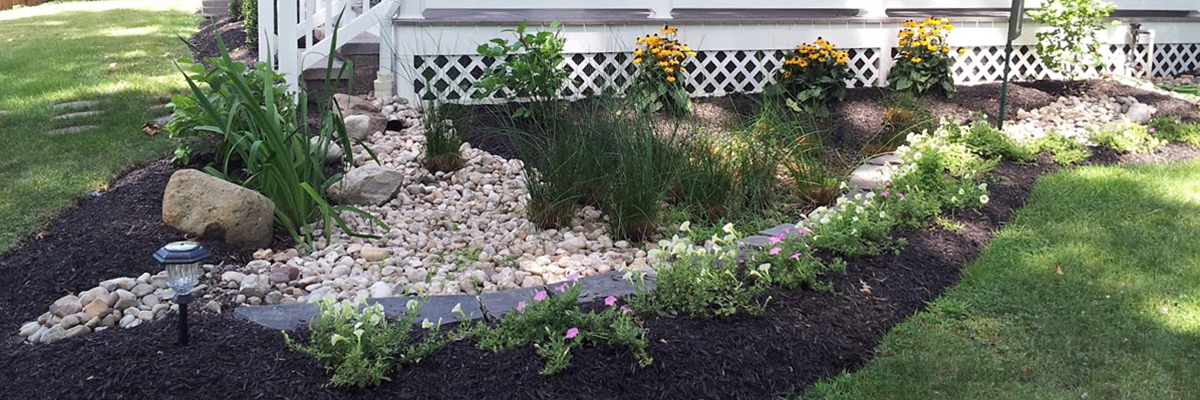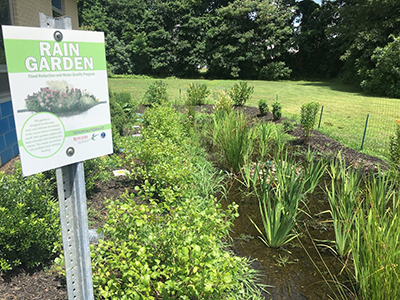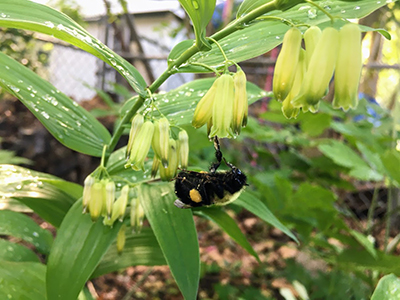
Help us document the biodiversity of our rain gardens by joining our project. Union County has over 30 rain gardens! These rain gardens soak up rainwater runoff and protect water quality in our local rivers and streams. Rain gardens are also habitat for many plants and wildlife including birds, butterflies, and bees.

We need your help documenting what plants and animals visit, live, and grow in our rain gardens!
This community science project is for youth and adults and is conducted via either the iNaturalist or Seek app.
Here’s how it works:

Instructions for Adults (and Youth over 6 Years Old)
Step 1: Download the iNaturalist app on your smart phone.
Step 2: In iNaturalist, join the "Rain Garden of Union County" project.
Step 3: Visit a rain garden in Union County using our Google map.
Step 4: Once you are at a Union County rain garden, use the iNaturalist app to identify what you see in the garden. Make sure to select the “Rain Gardens of Union County” project before you save.
NOTE! You can use the iNaturalist app anywhere but only select the “Rain Gardens of Union County” project when you are at a Union County rain garden.
Remember! If the rain garden is at a home, observe from the sidewalk. Do not pick the flowers. Leave them for the pollinators.
Instructions for Youth under 6 Years Old
Step 1: With adult permission, download the Seek app on a smartphone
Step 2: Visit a rain garden in Union County
Step 3: Complete one of the Seek Challenges to earn a Challenge Badge
Rain Garden Map of Union County
Pro tip! When you click on a rain garden, select the arrow symbol next to its name for directions via Google maps.
What is a Rain Garden?
Rain gardens are beautiful, low maintenance gardens that help protect our local watersheds. When it rains, runoff from hard surfaces like driveways, roads, and rooftops is directed into the garden instead of the street. Rain gardens help reduce flooding and pollution in our local rivers, streams, lakes, and ponds.
Rain gardens can be installed in all types of landscapes including homes, corporate parks, schools, and municipal buildings. When planted with native plants they are magnets for butterflies, birds, moths, bees and other wildlife.
Rain gardens have been installed all over New Jersey, not just in Union County! Find out more about rain gardens in New Jersey by visiting the Rutgers Cooperative Extension Water Resources Program.
Contact
For information about this project, contact Michele Bakacs at bakacs@njaes.rutgers.edu
For information about creating a rain garden in your community contact the Rutgers Cooperative Extension Water Resources Program.

